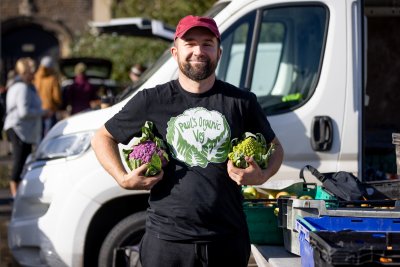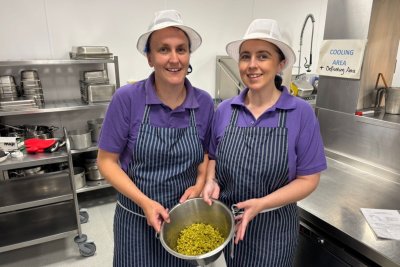The March 21 outreach letter to four tuna RFMOs (Regional Fisheries Management Organisations) was co-signed by a record-high number of nongovernment organisations, tuna processing companies, fleet associations, retailers, importers and food service operators worldwide. The RFMOs are IATTC (Inter-American Tropical Tuna Commission), ICCAT (International Commission for the Conservation of Atlantic Tunas), IOTC (Indian Ocean Tuna Commission), and WCPFC (Western and Central Pacific Fisheries Commission).
To manage tuna stocks, countries sharing tuna resources joined together decades ago to create RFMOs, governing bodies that are responsible for establishing management measures (such as catch limits), monitoring the health of tuna stocks and bycatch, and putting in place tools for monitoring fishing activities. More than 4.8 million tonnes of tuna — a major food source worldwide — were harvested in 2015, as reported in ISSF’s recent Status of the Stocks report.
Harvest strategies are science-based frameworks for responsibly managing tuna (or other fish) stocks, including guidelines and limits for fishing vessels. MCS (Marine Conservation Society) tools — which provide transparency into fishing operations — include human observers, satellite vessel monitoring systems, electronic monitoring systems on vessels, and data collection and dissemination.
The ISSF-coordinated joint outreach letter urges the RFMOs — which oversee tuna fishing in the Atlantic, Pacific, and Indian oceans — at their 2017 meetings to:
- Where it is not already in place, require 100% observer coverage for all purse seine fishing vessels and all at-sea transshipment activities
- Identify and sanction non-compliance with the existing mandatory 5% observer coverage requirement for longline vessels
- Develop and adopt standards for electronic reporting and electronic monitoring, for all major fishing gear types, and modernize vessel monitoring systems
- Develop science-based recommendations for managing FADs (fish aggregating devices), including for stock assessments
- Adopt measures for using non-entangling FAD designs, to protect sharks and other non-target species
Charlie Patterson, +1 202-680-8132,
(Washington, DC)
Ruth Westcott
ruth@sustainweb.org
Sustainable Fish: A campaign to protect precious marine environments and fishing livelihoods, and call for fish to be bought from sustainable sources. We want to show what can be done if people and organisations make a concerted effort to change their buying habits.







